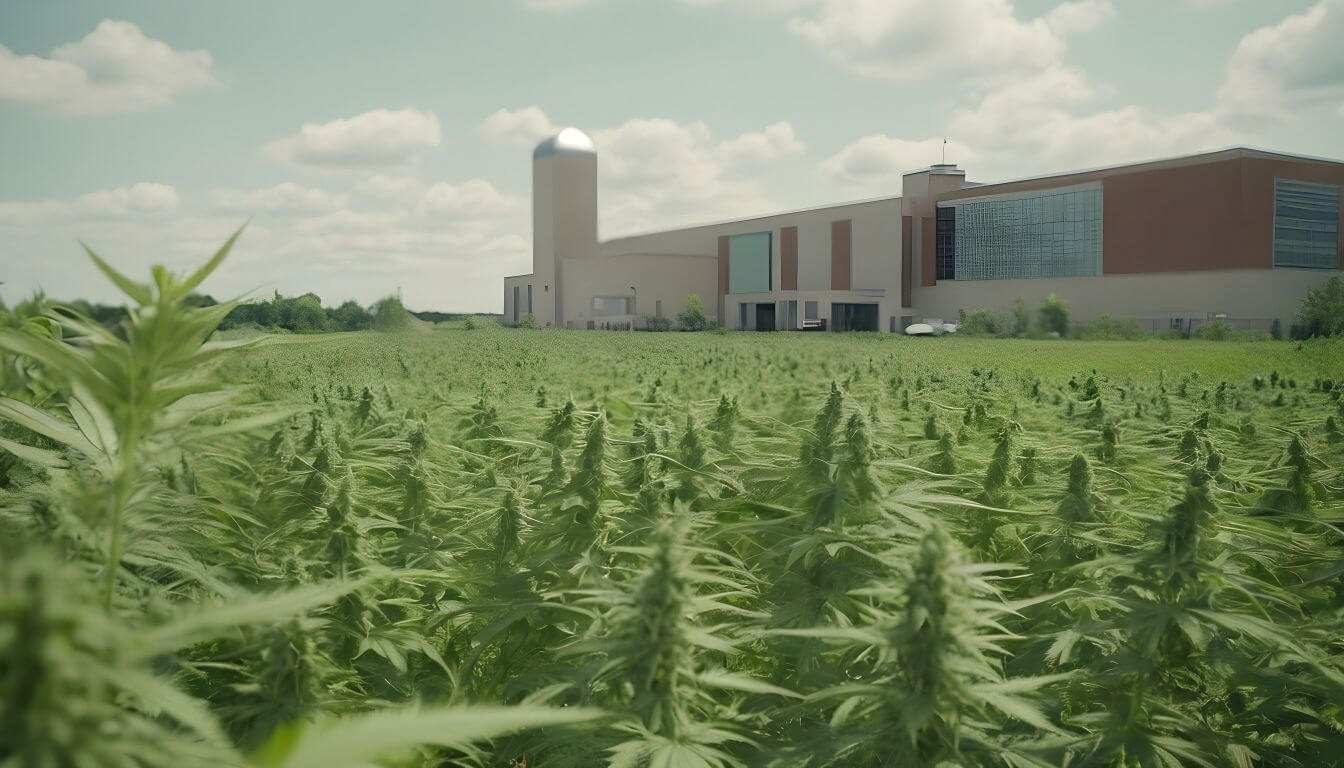The recent approval by the United States Department of Agriculture (USDA) of a genetically modified variant of hemp, known as “Badger G,” is a significant milestone for the industry.
Developed by researchers in Wisconsin, this strain, unlike traditional hemp, does not contain THC or CBD. Instead, it is engineered to have higher levels of the cannabinoid CBG.
The USDA’s Animal and Plant Health Inspection Service has confirmed that Badger G and five other unrelated genetically engineered plant varieties are not subject to regulation under 7 CFR part 340, which oversees the movement of genetically modified organisms.
Hemp Industry Collaboration and Regulation Amendments
The university responsible for developing Badger G applied for USDA regulatory review, stating that gene editing was used to remove CBD/CBDA and THC/THCA, allowing U.S. growers to benefit from increased levels of CBG/CBGA without THC/THCA. Since the legalization of hemp through the 2018 Farm Bill, the USDA has closely collaborated with hemp growers and breeders.
In addition to Badger G, a public-private “hemp consortium” proposal is set to play a crucial role in fostering cooperation along the entire hemp supply chain. This initiative, backed by state-level marijuana legalization and federal acceptance of low-THC hemp products, aims to significantly intensify research interest in the hemp industry.
By bringing together industry stakeholders, the consortium could pave the way for innovative collaborations and advancements in the sector.
Federal Lawmakers Weigh In On Hemp Regulations
Federal lawmakers are urged to modify the definition of hemp to clarify regulations surrounding its derivative products. Several proposals are being examined for inclusion in the new farm bill, including permitting hemp-derived items as dietary supplements or incorporating them into the food supply. Another suggestion involves eliminating restrictions on industry engagement for people with previous drug convictions.
The Current Challenges of the Hemp Industry
Despite these advancements, the hemp sector continues encountering regulatory obstacles that have impacted its value since legalization. Furthermore, concerns regarding food safety issues related to federally legal CBD products have arisen within USDA due to a rise in positive THC tests amid confusion over state-level legalization efforts.
A Bright Future for Badger G and Beyond
The USDA’s approval of Badger G is a significant step towards embracing hemp’s potential benefits for various industries. This genetically modified variant, developed to have higher levels of the cannabinoid CBG and without the psychoactive components THC or CBD, could revolutionize the hemp industry.
As research progresses and lawmakers adjust their stance on hemp-derived products, it is likely that we will continue to see an increase in interest and investment in this versatile crop. The hemp consortium initiative also indicates a promising future for collaboration among industry stakeholders along the entire supply chain.





